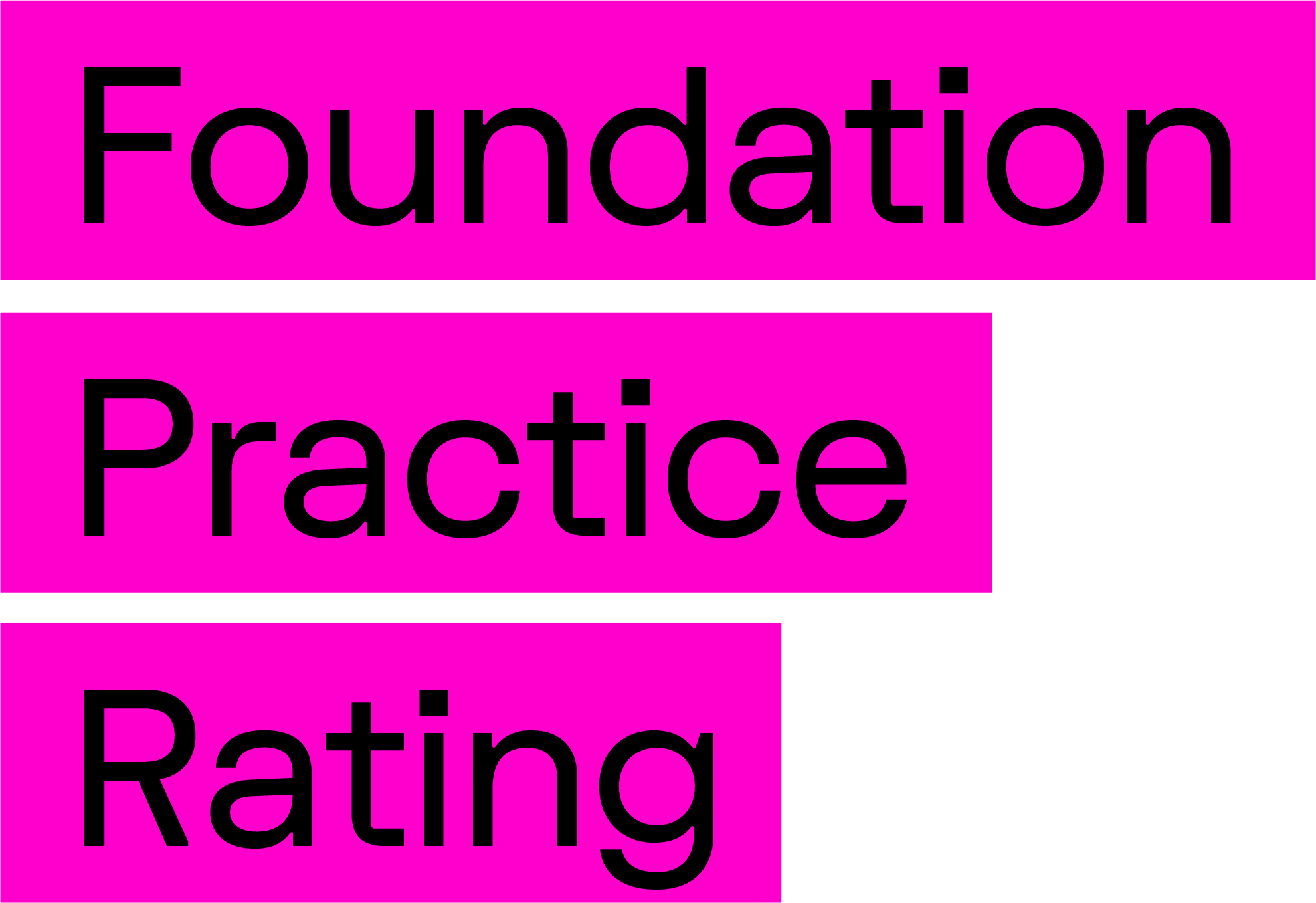The Law Family Commission report about improving grantmaking
Our response to the Law Family Commission’s report: Making it count: Overcoming the barriers to better grant-making.
The Foundation Practice Rating was created to improve foundation practices and hence outcomes for grantees’ intended beneficiaries.
The report’s recommendations include that:
- the Charity Commission should play a more active role in highlighting the problems caused by poor quality grant-making, what good grant-making looks like and the resources that exist to support improved practice.
- organisations which assess grant-makers – such as FPR – should explore opportunities for expanding the scope of their work, and the Charity Commission should encourage greater participation in and use of such benchmarks across the sector.
- the foundation sector needs to amplify the voice of grant-seeking charities, increasing awareness of the problems that sub-optimal practices cause for the charities and the communities they seek to serve.
You can read the full report here.
Although we welcome this report, we thought it would be useful to clarify some issues.
First, the report refers to “the Friends Provident Foundation’s Foundation Practice Rating”. We would like to make clear that the Foundation Practice Rating is a joint project of several foundations, and not a solo initiative by Friends Provident Foundation. FPR launched with the support of 10 foundations and now has 13 foundation partners. (See our partners for more details).
Second, the report recommended that the FPR increase its scope, e.g., to include whether foundations fund core costs and have streamlined application processes. For now, FPR assesses foundations on their practices on diversity, transparency and accountability. We have two reactions to this recommendation:
- FPR is highly innovative, and currently in only in its second year. We are keen to be excellent at what we have set out to do. We need the intervention to be stable for a while, in order to maximise its effect: foundations may be confused or demotivated if they are suddenly assessed on a blizzard of issues. Marketers often talk about the importance of having just a single message, and repeating it often.
- FPR needs criteria which are observable from the outside (FPR uses only foundations’ websites and their annual reports), and which are measurable objectively across a range of foundations. This is not trivial: in developing the criteria, we have sometimes struggled – and, for some issues, failed thus far – to find such criteria which are implementable objectively. We suspect that some of the recommendations suggested by the Law Family Commission would be difficult to measure. However, we welcome thoughts and ideas on how this could be achieved, as it could be something we do in the future.
Third, the report suggests that the Charity Commission “Publish advice on good grant-making, developed in coordination with both grantmakers and grant-seekers, recognising the diversity inherent in the sector and highlighting both incremental improvements and more strategic changes
This is a laudable aim, however, it is a call for a regulator which is very differently resourced to perform and monitor such a role in a fast-moving and dynamic field. Foundations look to the Charity Commission – and their counterparts in Scotland and Northern Ireland – as the body offering trustees high level guidance on fiduciary and governance practice; moving into detailed advice on the specifics of funding seems a challenge too far.
We welcome continue dialogue on this issue
The FPR Team

